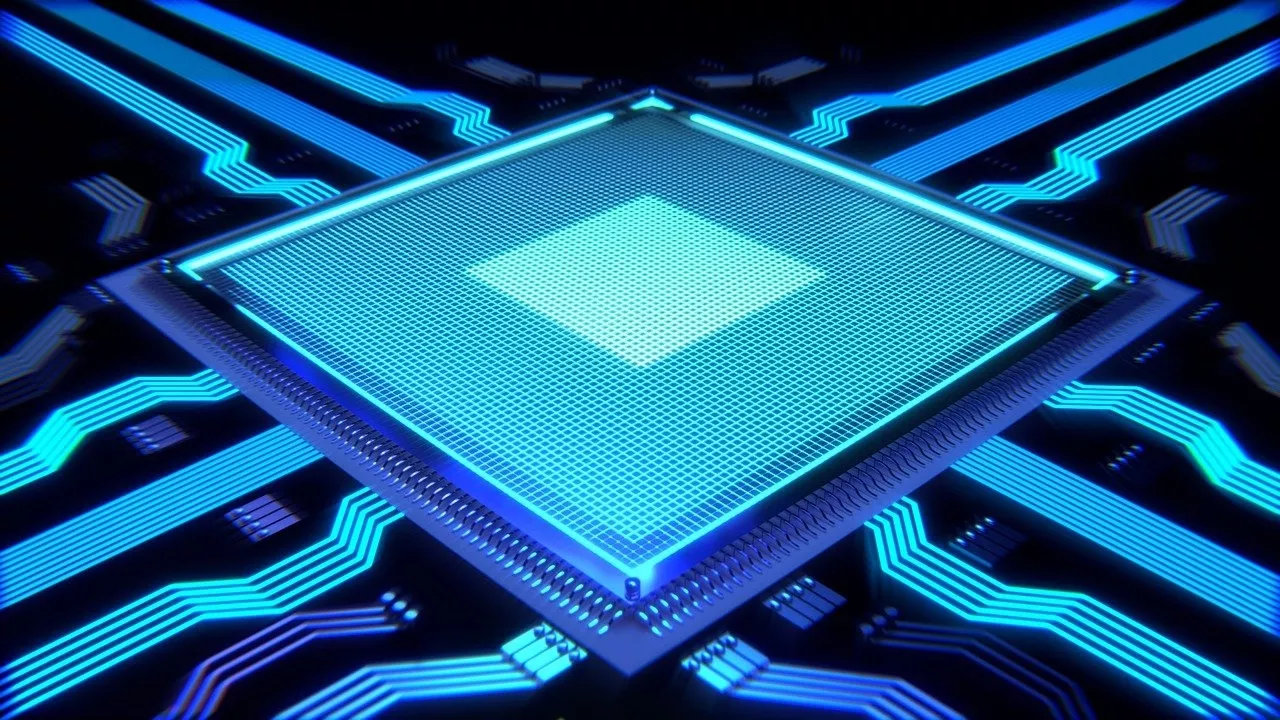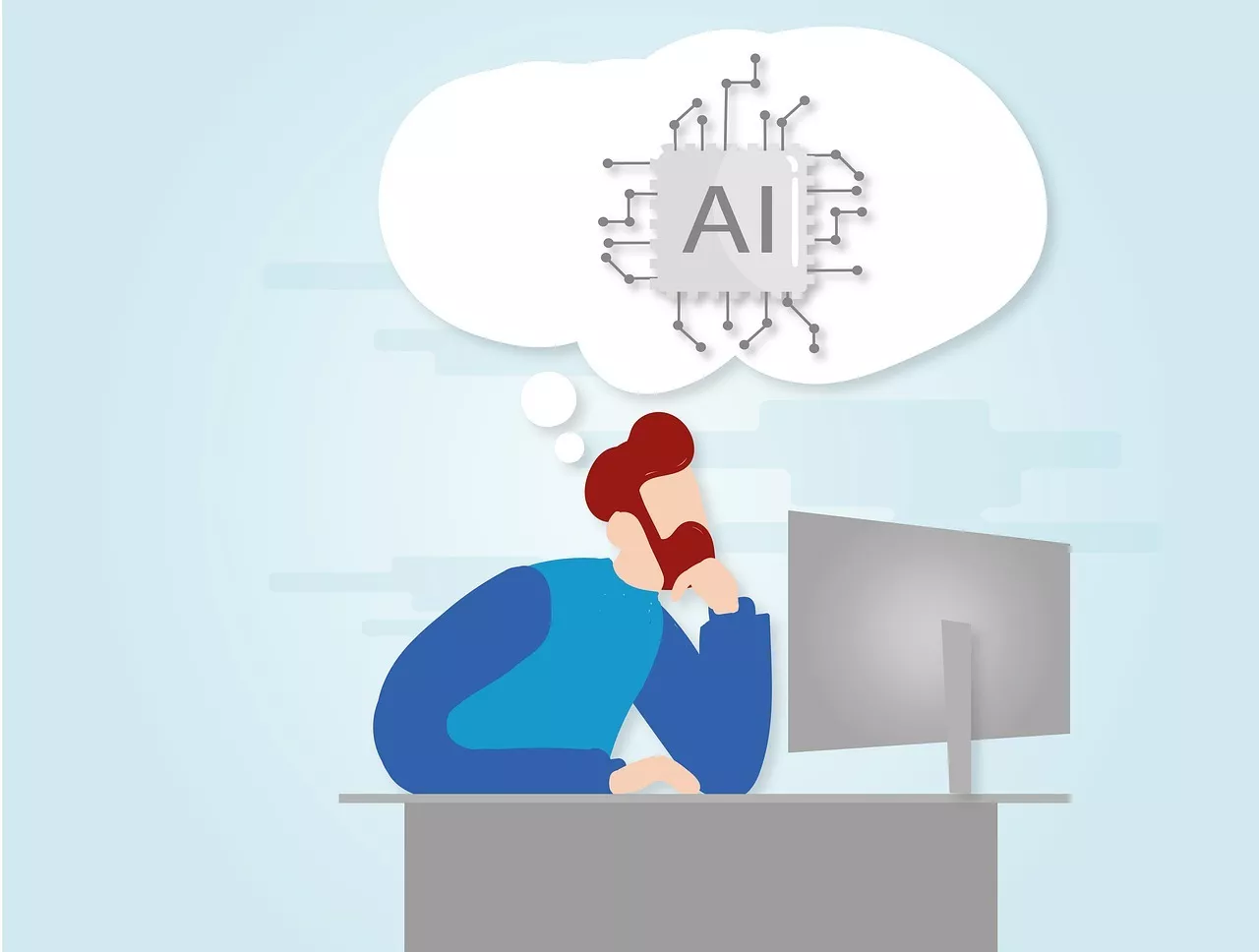The Ever-Evolving World of Computers: From Punch Cards to Quantum Leaps
Computers have fundamentally reshaped the human experience, weaving themselves into the fabric of our daily lives. From the mundane tasks of checking emails and browsing social media to complex scientific simulations and cutting-edge medical advancements, these ubiquitous machines drive progress across countless domains. But how did we arrive at this point, where powerful computational devices fit comfortably in our pockets?
The story of computers begins not with sleek silicon chips but with rudimentary mechanical calculators. Ancient civilizations utilized tools like the abacus for basic arithmetic, laying the groundwork for more sophisticated calculating machines. In the 17th century, Blaise Pascal developed the Pascaline, a mechanical calculator capable of addition and subtraction, while Gottfried Wilhelm Leibniz followed suit with a machine that could also multiply and divide.
The 19th century witnessed Charles Babbage's visionary "Analytical Engine," a conceptual design for a programmable computer that incorporated key elements still found in modern machines: input, processing, memory, and output. Although never fully built during his lifetime, Babbage's work laid the theoretical foundation for future developments.
The 20th century marked a significant acceleration in computing progress. The advent of World War II spurred advancements in cryptography and ballistics calculations, leading to the development of early electronic computers like Colossus and ENIAC. These behemoths, occupying entire rooms and consuming vast amounts of power, could perform complex calculations at speeds unimaginable by earlier mechanical calculators.
The subsequent decades witnessed a miniaturization revolution driven by the invention of the transistor in 1947. Transistors replaced bulky vacuum tubes, enabling smaller, faster, and more efficient computers. This paved the way for the development of integrated circuits (ICs), where multiple transistors were etched onto a single silicon chip, further shrinking computer size and increasing processing power.
The personal computer (PC) revolution arrived in the 1970s and 80s, making computing accessible to individuals and households. Companies like Apple and IBM introduced user-friendly operating systems and graphical interfaces, transforming computers from complex machines operated by specialists into everyday tools for work, education, and entertainment.
The rise of the internet in the late 20th century connected computers globally, ushering in an era of unprecedented information sharing and communication. The World Wide Web provided a platform for accessing vast repositories of knowledge, connecting people across continents, and enabling the birth of new industries like e-commerce and social media.
Today, computers continue to evolve at a breathtaking pace. Advancements in artificial intelligence (AI) are enabling machines to learn from data, solve complex problems, and even generate creative content. Quantum computing, still in its nascent stages, promises to revolutionize fields like drug discovery and materials science by harnessing the power of quantum mechanics.
The future of computing holds immense possibilities. From personalized medicine tailored to individual genetic profiles to self-driving cars navigating complex urban environments, computers are poised to further transform our lives in ways we can only begin to imagine. However, alongside these exciting advancements come ethical considerations regarding data privacy, algorithmic bias, and the potential impact on employment.
As we navigate this rapidly evolving technological landscape, it is crucial to engage in thoughtful discussions about the responsible development and deployment of computers. By understanding both the potential benefits and risks, we can ensure that these powerful tools continue to empower humanity and contribute to a brighter future for all.











